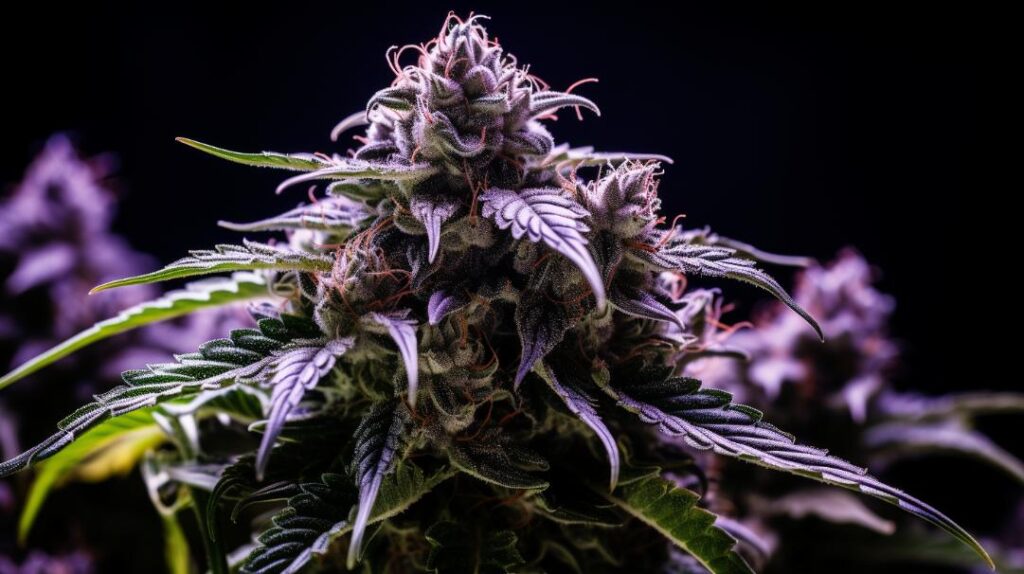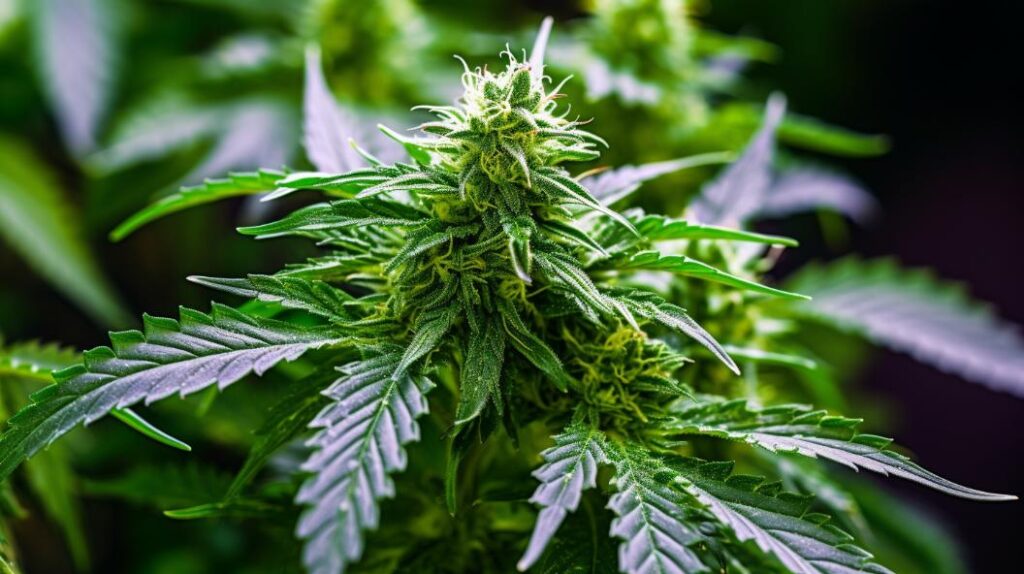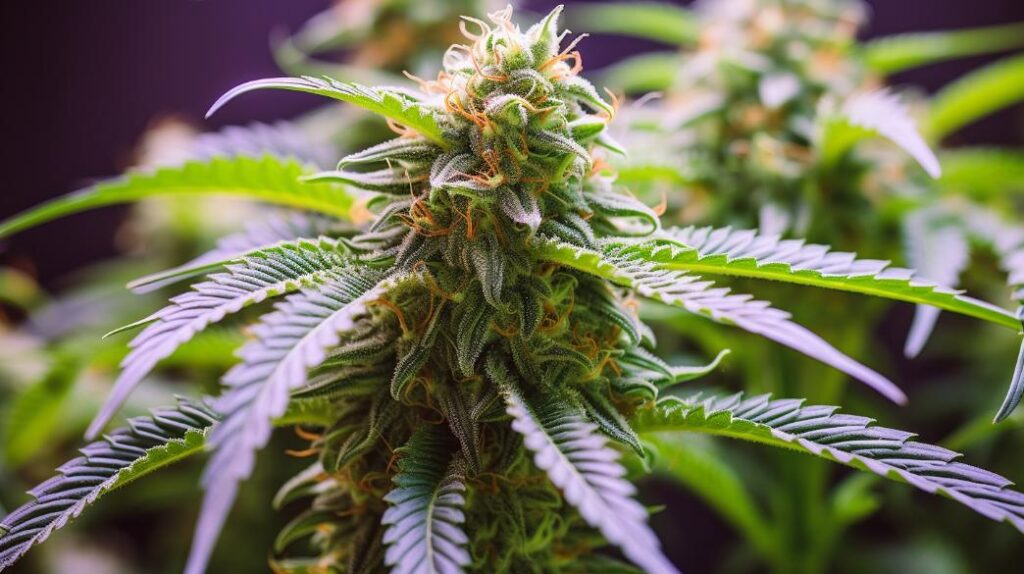As the medical marijuana industry grows, what is Big Pharma’s response?

As the medical marijuana industry grows, it is becoming harder to ignore. At last count, only Alabama, Idaho, Kansas, Kentucky, Mississippi, Nebraska, North Carolina, South Carolina, South Dakota, Tennessee, Wisconsin and Wyoming remain as holdouts that prohibit medicinal cannabis in any form. The other 38 states are part of an extraordinary rollout that is taking marijuana and its products off the black market and putting them into stores. How is big pharma reacting to this success?
As medical marijuana is rolled out in several states, one of the biggest opponents to its wider legalization has been the pharmaceutical industry. Big pharma is a titan of the global economy, valued at over a trillion dollars – which may climb to 1.5 trillion or more within a year. However, medical cannabis threatens to cut into its massive profits as it has numerous medications on the market that are aimed at treating chronic ailments for which medical marijuana may be a viable alternative treatment. With this said, something interesting has happened over the last year or so. Opposition to cannabis legalization, especially of the medical kind, has slowed to a trickle and large pharmaceutical companies seem to be switching to another strategy.
It has been speculated that if pharmaceutical companies could make a killing selling products like oxycontin, it wouldn’t be a leap for them to move into the legal marijuana industry. While the classification of cannabis as a schedule 1 controlled substance in the United States may provide some problems, these companies compete on a global level and recent events indicate that they may be throwing their hat into the ring sooner rather than later. In Canada, for example, big pharma companies are falling all over themselves registering patents and getting ready for product launches. US pharma giant Pfizer Products accounts for 14 patents all by itself. Companies in Germany, Switzerland, and Sweden are also making their move when it comes to patenting ingestible CBD oil products in North America.
There is a sense of urgency in this scramble to register patents because history has shown that once legalization takes hold in a market, there is a small window of opportunity to move in and maximize profitability. Not only that, but corporations are not the only stakeholders. In addition to pharmaceutical companies, the National Institute of Health (NIH), Department of Health and Human Services (DSHS) and several universities in the U.S. are also pressing claims to have patented certain processes or procedures essential to CBD and THC manufactured products.
Without falling into the more boring and tiresome aspects of patent law, pharmaceutical companies are not accustomed to dealing with this kind of positioning when it comes to their products. An example of a model pharma launch is that of Sildenafil, the active molecule of Viagra. Pfizer developed the molecule in the early 1990s but only patented it in 1996. After that, it only received FDA approval for use in the treatment of erectile dysfunction in 1998. Pfizer has had sole domination over this medication and will have it until 2020, after which other companies will have free rein in creating generic sildenafil tablets. Phytocannabinoids, however, are known and registered molecules that will not be able to be locked up in this kind of IP-protected patent. Without the power that is provided by this nearly monopolistic exclusivity, big pharma companies will need to patent something other than the molecules of cannabis products.
This sudden interest in large companies joining the “green rush” of legal marijuana is controversial, to say the least. The companies currently making a splash, from established medical distributors to artisanal “mom and pop” businesses, may not have the capital or market share to effectively compete with big pharma if they decide to steamroll them and take over the industry. Additionally, there are concerns that big pharma’s conflict of interest may lend itself more to a strategy of gradually buying out and slowly shutting down the medical marijuana industry. Locking up patents into a safe of disuse, playing keep-away with essential manufacturing processes in an effort to hamstring competitors, has also been a tactic they have used in the past.
The irony of this entire situation cannot be understated. Many of the titans of big pharma cut their teeth and built the industry on products that included cannabis among their ingredients. Bristol Meyers Squibb, Johnson and Johnson, and Merck are among the most recognizable names that had seminal products they only shelved when the U.S. Treasury Department’s Federal Bureau of Narcotics cracked down on marijuana in the late 1930s. In the intervening years, they have flooded the market with replacements that are often more risky or harmful than these older cannabinoid medications ever had a chance of being. The worst impulses of profit over people have been on display recently with the opioid epidemic in the U.S. Big pharma companies fought regulations for years to field opioid products that were every bit as addictive and harmful as heroin and they have faced no legal accountability for this. To some, allowing them to move into the medical marijuana industry would be a tragic mistake.
The truth is that large-scale corporate development of the nascent legal marijuana industry may be inevitable. The industry, in many ways, is working the exact opposite of how pharmaceutical entities usually operate. R&D followed by clinical trials and approval prior to product launch does not seem to be the pathway for many cannabis products. This is leaving room for non-pharma corporations to stick their toes in the water. Tobacco companies and beverage companies such as Coca-cola and Nestle are making moves in this regard. However, these large companies seem more interested in buying out existing brands that catch on rather than attempting to field their own. In general, these overtures are seen as more beneficial, as they may have the capacity to take existing products to the next level and incentivize more people to launch their own products in the hope of catching the eye of a corporate suitor that is flush with cash.
So is it possible that big pharma companies may be able to enter the medical marijuana industry in a mutually beneficial way? These companies have the capacity to bring a great deal of legitimacy to the medical marijuana trade if they choose to do so. They have an enormous capacity for research and development and quality assurance if they choose to use it for extensive product testing. There are government regulations that are standing in the way of this kind of research, but they have found ways to change such regulations in the past. There are millions of people that could benefit from safer cannabis products, and there is a tremendous amount of profit that these companies stand to make if they are able to successfully integrate themselves into the market. The question remains whether big pharma will be a savior or a malefactor to the medical marijuana industry as it continues to grow.
Sources
MAP OF MARIJUANA LEGALITY BY STATE https://disa.com/map-of-marijuana-legality-by-state
Big Pharma Picks up on Medical Marijuana https://www.the-scientist.com/news-opinion/big-pharma-picks-up-on-medical-marijuana-65245
Majority Of Americans Say Drug Companies Should Be Held Responsible For Opioid Crisis https://www.npr.org/2019/04/25/716691823/majority-of-americans-say-drug-companies-should-be-held-responsible-for-opioid-c
Big Pharma Watching, Waiting and Building Cannabis Patent Portfolio http://www.cannabissciencetech.com/news/big-pharma-watching-waiting-and-building-cannabis-patent-portfolio







Responses